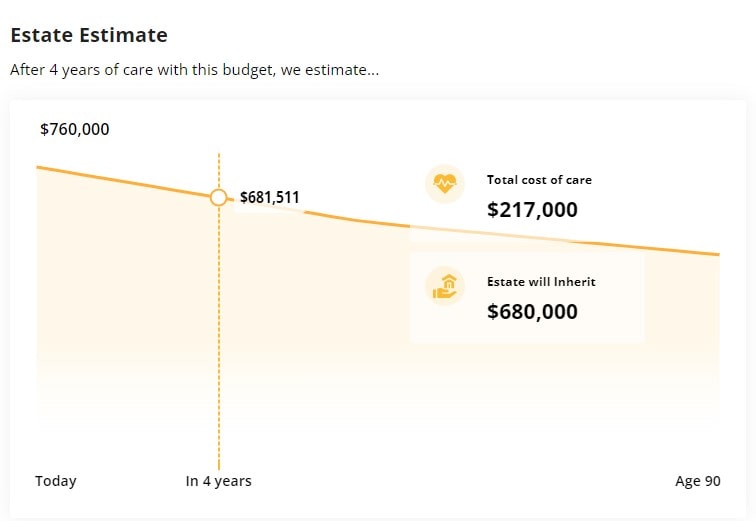
The plethora of available information can be overwhelming when delving into the financial aspects of Aged Care Financial Planning. Consulting with financial experts specialising in the aged care industry is crucial to making informed decisions.
These professionals can assess your unique situation and guide you through superannuation, pensions, existing assets and liabilities, banking, investments, and potential Centrelink benefits.
Unravelling the Fees and Charges for Aged Care Financial Planning
The fees and charges associated with aged care can be intricate, necessitating advice from industry professionals. Government regulations govern these costs, and the amount varies for each individual.
Some fees are standardised, while others are income dependent. Factors such as pension type can also impact the overall amount payable.
Residential Aged Care Facility Costs: An In-Depth Look
Navigating the financial aspects of residential aged care requires a comprehensive understanding of the costs involved. This section provides a detailed exploration of the intricacies associated with residential aged care facility fees.
Daily Care Fees and Income-Tested Fees
Moving into residential aged care involves two primary fees: the daily care fee and income-tested fees. The daily care fee covers living expenses, nursing and personal care, meals, linen and laundry, and heating and cooling.

Additionally, residents may be subject to a daily income-tested fee based on an assessment by Centrelink or the Department of Veterans Affairs. Full pensioners are exempt from this fee, while part-pensioners and blind pensioners may be required to pay based on their circumstances.
Accommodation Payment: RAD or DAP
Residents must also consider an accommodation payment, a Refundable Accommodation Deposit (RAD) or a Daily Accommodation Payment (DAP). The aged care facility determines the amount, and the payment can be made as a lump sum (RAD) or periodic payments (DAP).
Government guidelines outline the assets residents can retain after paying the RAD. The RAD is refunded upon the resident’s departure, minus a retention rate, which is applicable for a specific period.
Accommodation Charge for High Care Residents
High-care residents may be subject to an accommodation charge, a daily amount, if their assets exceed a certain threshold. The cost decreases for residents with purchases within specific ranges and is entirely subsidised by the government for those with assets below a certain amount.
Home Care Packages: Understanding the Pricing Structure
The pricing framework for Home Care Packages is meticulously established, regulated, and funded by the government. This framework ensures consistency while accommodating the diverse needs of individuals seeking home-based care.
Fees associated with Home Care Packages are tiered, varying across four distinct levels.
Comprehensive Care Levels
Home Care Packages are categorised into four levels, each addressing specific care needs:
Level 1: Basic level care needs
Level 2: Low level care needs
Level 3: Intermediate level care needs
Level 4: High level care needs
These levels are designed to provide a tailored approach to care, catering to the unique requirements of individuals at different stages of their ageing journey.
Seeking Professional Advice
Given the complexity of aged care financial planning, seeking advice from a financial advisor is paramount. These professionals can analyse your requirements and financial position, offering tailored guidance on costs.
Always ensure the information obtained is current by directly contacting the aged care home for the latest rates and fees.
For more information on Aged Care Financial Planning, reach out to Care360 to speak with our experts.
For more information on Care360, please visit our website www.care360.com.au and to stay up-to-date with our latest news follow us on Facebook & Instagram.






